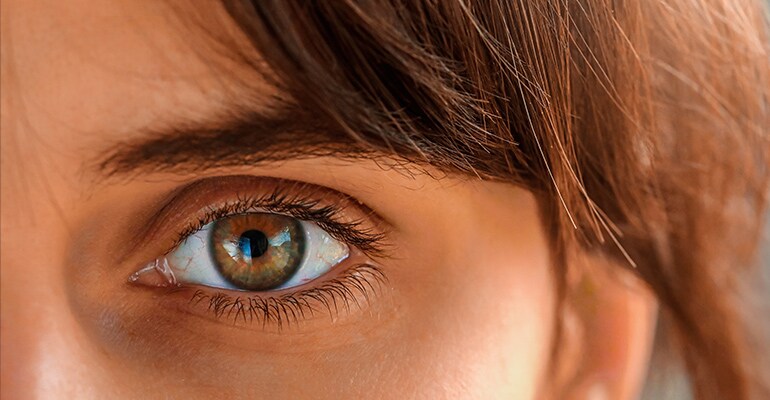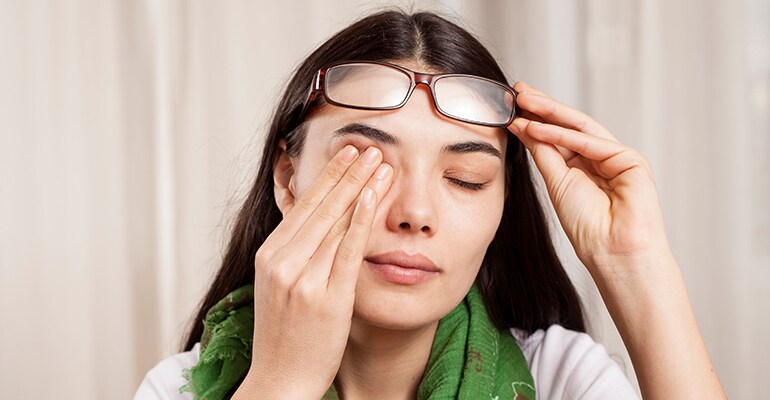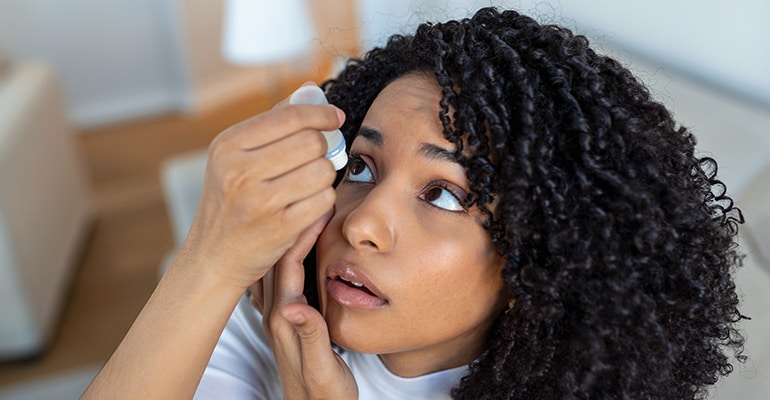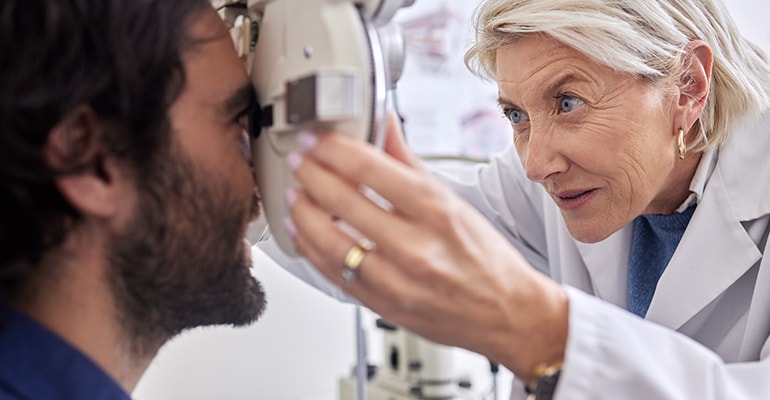How To Take Care of Your Eyes Everyday
Nov 07, 2023
In today's fast-paced world, important organs such as the eyes are also under more pressure - long-term use of electronic screens, staying up late and other lifestyle habits are all damaging the health of the eyes.
1. The importance of eye protection
Eyes are important organs through which we observe the world. They play a very important role:
Vision: Eyes are the main organs through which we observe the world. They obtain information by sensing light.
Behavior and Movement: The eyes are connected to the brain and regulate behavior and movement by sensing the surrounding environment.
Social: Eyes are an important tool for communication and play an important role in interpersonal communication.
Mental health: Eyes are closely related to mental health. Long-term eye fatigue may lead to problems such as anxiety and depression.
Therefore, protecting our eyes is very important to help us maintain a healthy and normal life.

2. Signs of excessive eye use
Excessive eye use may cause some uncomfortable symptoms, including:
Eye fatigue: Using your eyes for a long time may cause eye fatigue, which is manifested by symptoms such as dryness, soreness, redness and swelling of the eyes.
Headaches: Prolonged eye use may cause headaches, especially around the eyes and eyebrow area.
Visual fatigue: Using your eyes for a long time may cause visual fatigue, which manifests as blurred vision, deformed visual field, etc.
If these symptoms occur, your eyes are sending you warning signals and you need to pay more attention to protecting your eyes.

3. Bad habits and consequences that damage eyes
Bad habits that damage your eyes can lead to vision problems and other eye diseases, including:
Prolonged use of electronic devices: Prolonged use of electronic devices such as computers, mobile phones, and tablets can cause eye fatigue and may lead to problems such as myopia, astigmatism, and dry eye syndrome.
Not wearing sunglasses: Failure to wear sunglasses or protection eyeglasses in environments with strong sunlight, dust, chemicals, etc. can cause eye damage.
Lack of sleep: Lack of sleep can cause eye fatigue, dryness, and may lead to symptoms such as headaches and eye pain, as well as dark circles.
Looking at near objects for a long time: Looking at near objects for a long time, such as watching TV or computers, can cause eye fatigue, dryness, myopia, etc.
Drowsy driving: Driving for long periods of time can cause eye fatigue and may lead to traffic accidents.
Rubbing your eyes: It is difficult to keep your hands clean at all times. If you have the habit of rubbing your eyes, it is likely to bring dirt into your eyes, leading to eye infections.
Bad diet: In fact, diet is closely related to eye health. If you continue to eat high-salt, high-sugar, and high-fat foods, it may lead to aggravation of dark circles and increased intraocular pressure.
Failure to use contact lenses as required: Contact lenses have a shelf life and a recommended wearing time. If the time limit is exceeded, it may cause burden or even scratch the eyes.
Long-term use of drugs: This is not necessarily a bad habit, but long-term use of certain drugs can indeed cause dry eyes, congestion, and increased intraocular pressure, so you need to always pay attention.

4. How to use your eyes correctly
Proper use of your eyes can help reduce eye fatigue and protect eye health. Some suggestions are as follows:
Periodically rest your eyes: look into the distance for 20 seconds every 20 minutes or so. This can relax your eyes properly.
Adjust distance and brightness appropriately: Computer screens should be kept at natural brightness and 20 to 40 inches (50 to 100 centimeters) away from your eyes. It is also not advisable to stare at an overly bright electronic screen for a long time in a dark environment.
Avoid looking at close objects for a long time, such as reading books, watching TV dramas on the small screen, etc.: If it cannot be avoided, you should follow the first suggestion and rest your eyes periodically.
Wear right prescription glasses: If the prescription of the glasses is still in the growth period, it is recommended to go to the optometrist regularly to replace the glasses. On the one hand, the improper prescription will aggravate the eye problems.
Pay attention to eye hygiene: Do not touch your eyes easily with your hands or other foreign objects.
Wear sunglasses when necessary: Wear goggles when exposed to strong sunlight, dust, chemicals, etc.
Maintain good sleep habits: Lack of sleep can lead to eye fatigue and more serious eye problems, such as dry eye syndrome, glaucoma, etc.
Maintain a healthy lifestyle, including diet and exercise: A good diet can reduce pressure on blood vessels and eyes, and exercise can relieve stress.
Regular eye exams: Treat problems promptly if found. For example, the symptoms of dry eye, glaucoma and other diseases mentioned above may not cause obvious discomfort or may occur suddenly. Therefore, regular eye examinations are the safest course of action.

